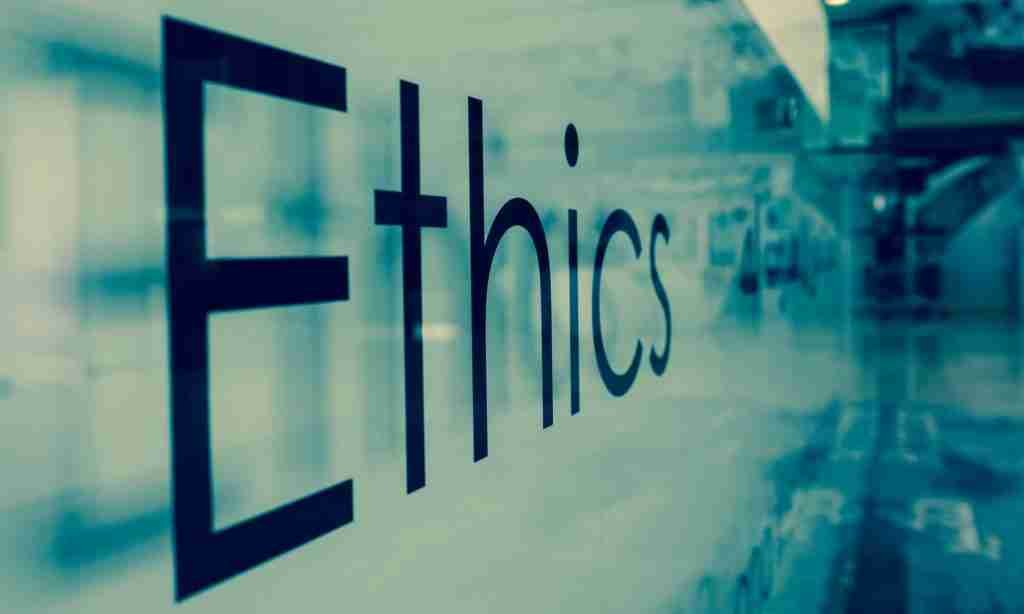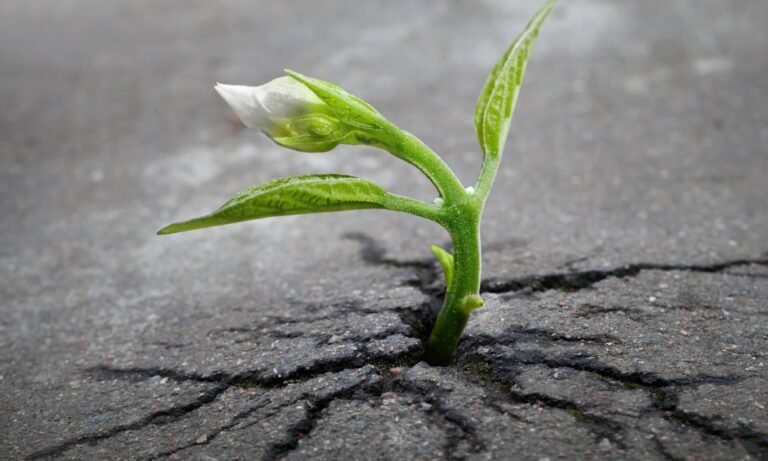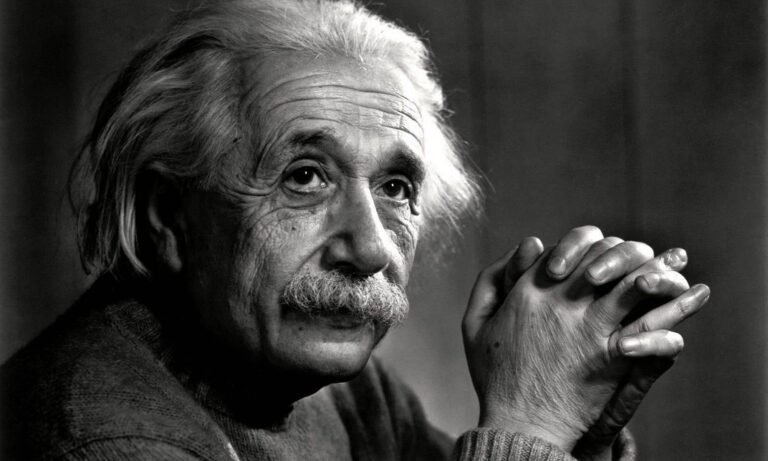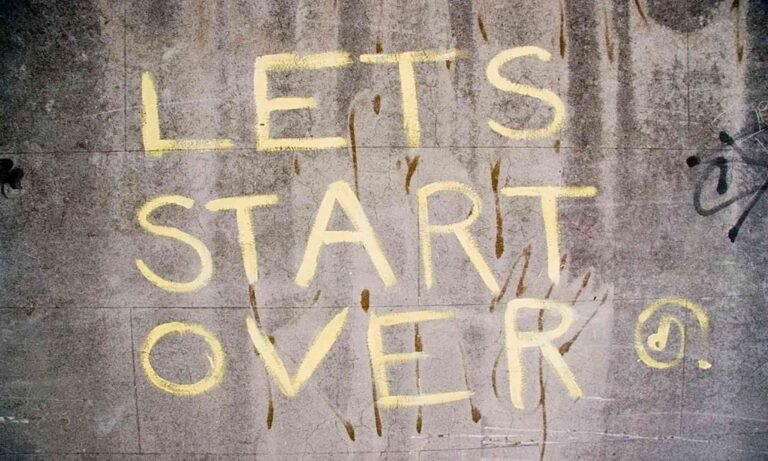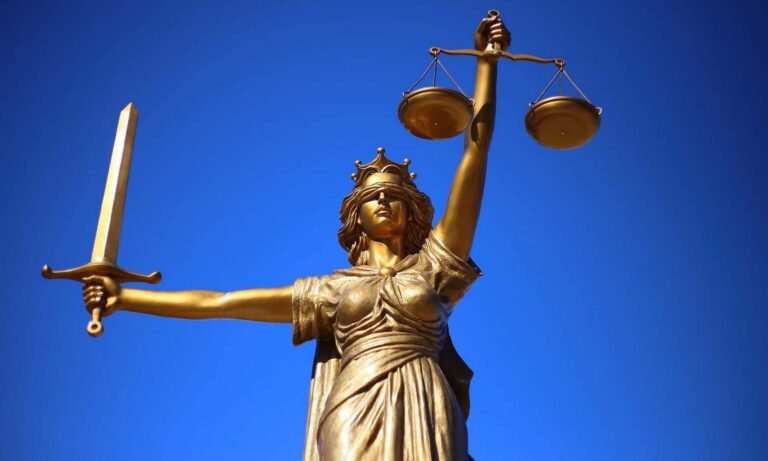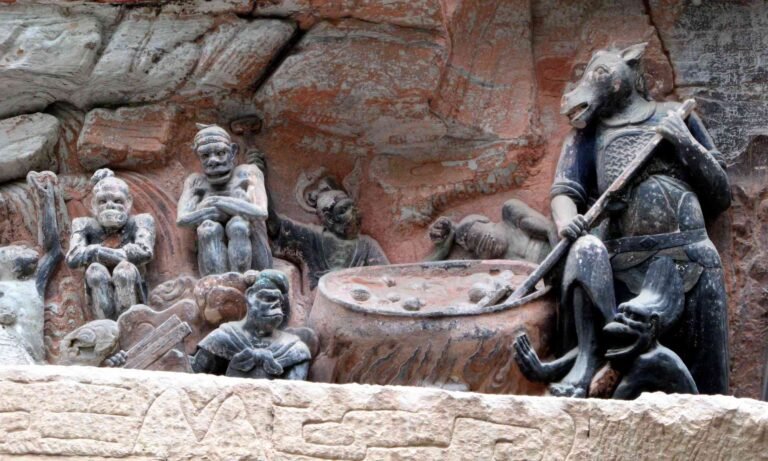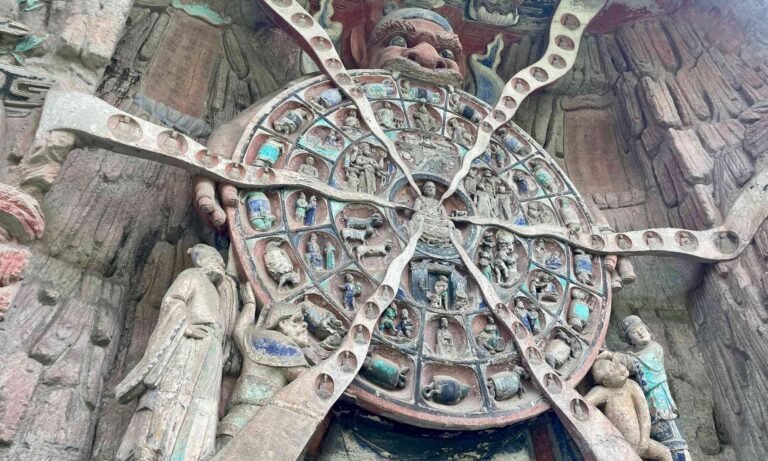The Concept of Good and Bad Deeds: A Philosophical Exploration
The dichotomy of good and bad deeds is a subject that has intrigued philosophers, theologians, and thinkers throughout history. It raises profound questions about morality, ethics, and the essence of human nature. What constitutes a ‘good’ deed, and who defines it? Are ‘bad’ deeds inherently negative, or do they reflect a complex interplay of circumstances and intentions?
Good deeds are often seen as actions that have a positive impact on others and society. They are acts of kindness, generosity, and selflessness that promote well-being and harmony. These deeds are typically motivated by a sense of duty, compassion, or altruism, and they are celebrated across cultures and religions for their ability to uplift and inspire. On the other hand, bad deeds are generally considered actions that cause harm, suffering, or injustice. They are often driven by selfishness, greed, or malice and are condemned for their destructive effects on individuals and communities. However, the assessment of what is ‘bad’ can vary greatly depending on cultural, social, and personal values.
The complexity of judging deeds as good or bad is further compounded by the concept of intentionality. A deed that appears good on the surface may be motivated by self-interest or a desire for recognition, while an act that seems harmful may have unintended positive consequences or be the result of a difficult moral choice. Moreover, the context in which a deed is performed can significantly influence its moral evaluation. Actions that are considered good in one situation may be deemed inappropriate or even bad in another. This relativity challenges the notion of absolute moral standards and suggests that the ethics of deeds are situational and subjective.
In conclusion, the contemplation of good and bad deeds is not merely an academic exercise but a reflection of the human condition. It is a testament to our capacity for judgment and our continuous search for meaning in the actions we take. As we navigate the moral landscape of our lives, we are reminded that our deeds, whether good or bad, are a mirror of our values, beliefs, and the complexity of the human spirit.
Good Deeds
The Power of Good Deeds: Small Acts, Big Impact
In a world that often seems filled with negativity and strife, the power of performing good deeds stands out as a beacon of hope and kindness. Good deeds, ranging from small acts of kindness to larger philanthropic efforts, have the potential to not only change the lives of the recipients but also to inspire a ripple effect of generosity throughout communities. Here, we explore a variety of good deeds that individuals can undertake to make a positive impact in the world.
Examples of Good Deeds
- Planting Trees: Greening Our Environment ->The simple act of planting a tree can have far-reaching benefits for the environment. Trees absorb carbon dioxide, provide oxygen, and offer habitat for wildlife. By planting trees, individuals contribute to a healthier planet for future generations.
- Blood Donation: Giving the Gift of Life -> Blood donation is a critical good deed that can save lives. Every pint of blood donated can help up to three people in need of transfusions during surgeries, accidents, or medical treatments.
- Donating to Charity: First Check of the Year -> Making a habit of donating to charity, whether it’s the first check of the year or a regular monthly contribution, supports various causes and helps those in need. Charitable donations can fund research, aid disaster relief efforts, and provide essential services to the underprivileged.
- Helping a Friend in Need: Lending a Hand or Ear -> Sometimes, a good deed can be as simple as being there for a friend. Offering a listening ear, a helping hand, or a shoulder to cry on can make a significant difference in someone’s life during tough times.
- Volunteering: An Hour of Service -> Volunteering time at local organizations, shelters, or community centers is a valuable way to give back. Even an hour of service can have a meaningful impact on the lives of others and the well-being of the community.
- Unplugging Devices: Saving Electricity -> Conserving energy by unplugging devices when not in use is a small but effective good deed. It reduces electricity consumption, lowers bills, and benefits the environment.
- Gifts for Loved Ones: Just Because -> Surprising a mother, grandmother, or any loved one with a gift for no particular reason is a heartwarming gesture that strengthens bonds and spreads joy.
- Road Courtesy: Allowing a Fellow Driver to Merge -> Simple acts of courtesy on the road, like allowing a fellow driver to merge into traffic, can reduce stress and promote safer driving conditions for everyone.
- Writing a Thank-You Note: Unexpected Gratitude -> Expressing gratitude with a handwritten thank-you note can brighten someone’s day and acknowledge their efforts, making them feel appreciated and valued.
- Donating Unneeded Items: Clearing Clutter -> Clearing out clutter and donating unneeded items to charity not only frees up space at home but also provides essential goods to those who may not be able to afford them otherwise.
- Using Your Talent: Sharing Your Gift -> Whether it’s performing at a local event, teaching a skill, or offering professional services pro bono, using one’s talents to benefit others is a fulfilling way to do good.
- Teaching Technology: Bridging the Digital Gap -> Helping an elderly person learn to use a computer or navigate the internet can open up new worlds for them, allowing them to connect with loved ones and access information.
- Organizing a Family Meal: Appreciating Togetherness -> Organizing a family meal is a wonderful way to bring loved ones together, create lasting memories, and appreciate the value of togetherness.
- Donating Toys: Brightening Children’s Lives -> Donating toys to children’s hospitals or shelters can bring smiles to young faces and provide comfort during challenging times.
- Appreciating Nature: Stopping and Looking -> Taking a moment to appreciate the beauty of nature can inspire others to protect and preserve our natural surroundings.
- Donating Winter Clothing: Warming Others -> As the seasons change, donating winter clothing to those in need can provide warmth and comfort during the colder months.
- Recycling Technology: Donating an Old Cell Phone -> Recycling old technology by donating cell phones can help bridge the digital divide and provide communication tools to those who may not have access to them.
- Being Environmentally Conscious: Using Both Sides of Paper -> Using both sides of paper before recycling it is a small step towards reducing waste and conserving resources.
- Supporting New Parents: Cooking or Cleaning -> Offering to cook a meal or clean for new parents can be a tremendous help as they adjust to their new responsibilities.
- Practicing Gratitude: Being Thankful -> Taking time to reflect on the things one is thankful for can foster a sense of contentment and encourage a positive outlook on life.
- Learning CPR: A Lifesaving Skill -> Signing up for a CPR course equips individuals with the skills to potentially save a life in an emergency situation.
- Planting a Vegetable Garden: Growing Your Own Food -> Planting a vegetable garden not only provides fresh produce but also offers an opportunity to donate excess vegetables to food banks or pantries.
- Supporting Foster Care: Donating Bags and Suitcases -> Donating duffle bags, overnight bags, and suitcases to foster care organizations can ease transitions for children and provide them with a sense of dignity.
- Joining a Bone Marrow Registry: Saving a Life -> Joining a bone marrow registry can give hope to those waiting for a life-saving transplant and can be the key to curing someone’s illness.
- Picking Up Trash: Cleaning the Sidewalk -> Taking the initiative to pick up trash in public spaces helps maintain clean and pleasant environments for the community.
- Reading to the Elderly: Bringing Companionship -> Spending time reading or playing games with residents in nursing or retirement homes can alleviate loneliness and bring joy to their lives.
- Conserving Energy: Turning Off the Lights -> Being mindful of energy usage by turning off lights when leaving a room is an easy way to contribute to energy conservation efforts.
- Finding Inspiration: Acts of Kindness -> Collecting stories of kindness can serve as inspiration and motivation to continue performing good deeds and spreading positivity.
- Making a Change: Becoming a Better Person -> Committing to personal growth and making positive changes in oneself can have a profound impact on one’s interactions and relationships with others.
- Apologizing: Swallowing Your Pride -> Offering a sincere apology for past mistakes can mend relationships and demonstrate humility and growth.
- Welcoming New Neighbors: Sharing Food -> Taking food to new neighbors is a warm way to welcome them to the community and offer friendship.
- Helping Others Read: Literacy Programs -> Participating in literacy programs to help others learn to read can open doors to education and opportunities for them.
These examples of good deeds showcase the diverse ways in which individuals can contribute to the betterment of society. By performing good deeds, no matter how small, we can create a wave of positivity that has the power to transform lives and communities. Let us all strive to incorporate acts of kindness into our daily lives and witness the profound impact they can have on the world around us.
“Remember, sometimes it is necessary to do the wrong thing for the right reasons. The important thing is to be sure that our reasons are right, and that we admit the wrong – that we do not lie to ourselves and convince ourselves that what we do is right.”
– Gregory David Roberts (Shantaram)
Bad Deeds
The Concept of Bad Deeds: A Reflection on Ethical Choices
In the realm of Ethics, the concept of ‘bad deeds’ is a subject of extensive discourse and contemplation. Bad deeds, often defined as actions that are unethical, immoral, or harmful to others, can have a wide range of manifestations and consequences.
Understanding Bad Deeds -> At its core, a bad deed is an action that negatively affects another person, group, or entity. It can range from minor infractions, such as telling a white lie, to major transgressions, such as theft or violence. The common thread among all bad deeds is the breach of moral or ethical standards that are widely accepted within a society or community.
Examples of Bad Deeds -> The spectrum of what constitutes a bad deed is broad and can include:
- Dishonesty or deceit, such as lying or cheating.
- Theft, robbery, or any form of unjust taking of another’s property.
- Physical harm or violence towards others.
- Emotional or psychological abuse.
- Neglect or failure to act when action is necessary to prevent harm.
- Discrimination or prejudice based on race, gender, religion, or any other characteristic.
These actions are generally recognized as bad deeds because they violate the principles of fairness, respect, and care for others’ well-being.
Read More
The Impact of Bad Deeds -> The consequences of bad deeds extend beyond the immediate harm caused to the victims. They can erode trust within communities, damage relationships, and lead to a breakdown in social cohesion. Moreover, bad deeds can have a ripple effect, where one unethical action leads to further negative behaviors, either by the same individual or by others influenced by the initial act.
Ethical Frameworks and Bad Deeds -> Various ethical frameworks provide different lenses through which to view bad deeds. For instance, consequentialist ethics would judge the morality of an action based on its outcomes, while deontological ethics would focus on the inherent rightness or wrongness of the actions themselves, regardless of the consequences.
Moving Forward: Addressing Bad Deeds -> Addressing bad deeds involves both personal and collective efforts. On a personal level, individuals can strive to cultivate virtues such as honesty, compassion, and integrity. Education and awareness-raising can also play a crucial role in highlighting the importance of ethical behavior. On a societal level, laws and regulations are established to deter bad deeds and punish those who commit them. However, legal frameworks alone are not sufficient. A culture that promotes ethical behavior and holds individuals accountable for their actions is equally important.
Conclusion -> Bad deeds are a complex and multifaceted issue that touches on the very foundations of how we live together as a society. By understanding the nature of bad deeds, their consequences, and the ethical principles that guide our judgments, we can work towards creating a more just and ethical world. It is a collective responsibility that starts with the choices each individual makes every day.
Deeds & Religions
The Interplay of Deeds and Religions: A Reflection on Moral Actions Across Faiths
Religions around the world offer diverse perspectives on the concept of deeds and their moral implications.
The principle of Karma, as understood in Indian religions, suggests that one’s actions directly influence their future, with good deeds leading to positive outcomes and bad deeds to negative ones.
This idea resonates with the core beliefs of many faith systems, where moral actions are often seen as a reflection of one’s faithfulness and a determinant of their spiritual journey.
Christianity, for instance, emphasizes the importance of deeds as an expression of faith. The teachings of Jesus Christ highlight the significance of love, compassion, and forgiveness as deeds that reflect the Christian faith. Similarly, Islam teaches that good deeds are a form of worship and a means to attain closeness to the divine, with the afterlife being a time of reward or punishment based on one’s earthly actions. The historical account of the Nicolaitans, as mentioned in the book of Revelation, serves as a cautionary tale within Christianity about the consequences of certain deeds. It underscores the importance of aligning actions with religious teachings, as deeds that are contrary to the values of the faith are met with strong disapproval.
In summary, the relationship between deeds and religion is intricate and profound. Across various faiths, there is a common understanding that deeds are not just mere actions but are imbued with moral and spiritual weight. They are a testament to one’s beliefs and a measure by which many religions suggest individuals will be assessed in the afterlife. This interconnection between actions and spiritual beliefs underscores the universal importance of moral conduct in the pursuit of a meaningful life aligned with one’s faith.
What’s More

My Blog ( 112 )
Dependence (10) Fiction (10) Karma (9) Landmarks (10) Paramount (9) Spectrum (9) Spotlight (10) Take Off (9) Terra Shapes (9) Trepidation (9) Unique (9) Virtue (9)
Amazing Stuff (9) Beyond Known (9) Controversial (9) Digital World (10) Inequities (10) Innovative (9) Metaphysics (9) Orbiting Entities (10) Our Society (10) Outer Space (9) Value Creation (10) Yearnings (10)

My Interests ( 114 )
Site Forum
Curious to dive deeper and ready to share your thoughts on this? Join the conversation and be part of the FORUM@ericroth.org Your online discussion board providing space for engaging exchanges on specific topics and shared interests across this website.


